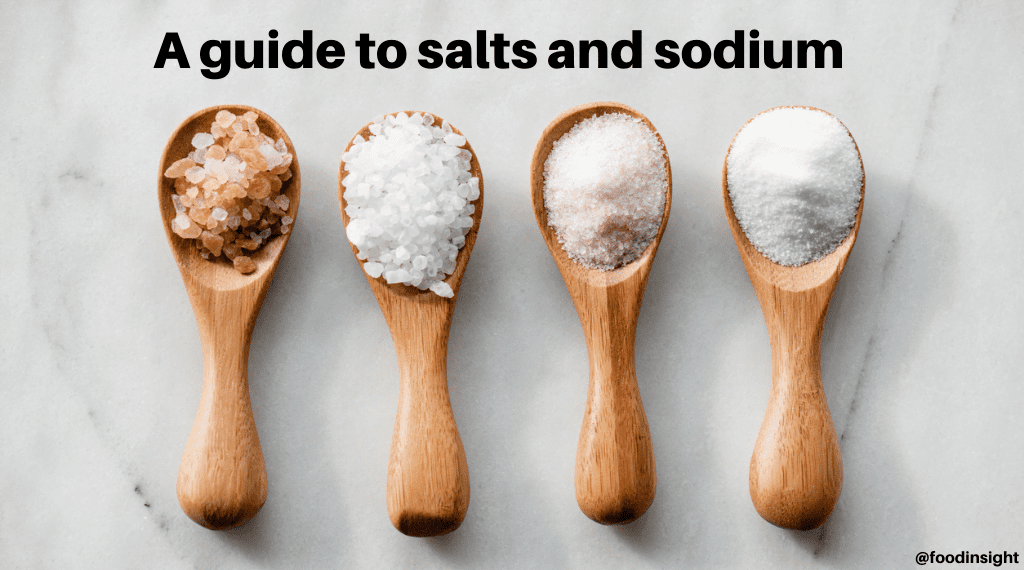Salt, which is made up of sodium and chlorine, has been used for centuries to enhance the flavor and preserve food. It activates taste buds, suppresses bitter and sour flavors, and draws out moisture from food, making it hostile to bacteria. However, consuming too much salt can lead to health problems such as high blood pressure and an increase in heart disease risk. The recommended daily intake of salt is no more than 2300 milligrams per day for adults. By understanding the science of salt, we can use it to improve the taste of our food and keep it safe to eat.
The Science of Salt: How It Enhances Flavor and Shelf Life
Introduction
Salt is a mineral that has been used for thousands of years to flavor and preserve food. In ancient times, it was highly valued and even used as currency. Today, salt still plays a crucial role in cooking and food preservation.
What is Salt?
Salt is a compound made up of two minerals: sodium and chlorine. The chemical name for salt is sodium chloride (NaCl). It is found in most soils and water sources and is the only mineral that humans consume in large quantities.
The Nutritional Value of Salt
Salt has nutritional value as well as culinary value. Sodium is an important electrolyte that helps regulate water balance in the body. Chlorine also plays a role in maintaining fluid balance and helps with digestion.
However, consuming too much salt can lead to health problems such as high blood pressure and an increased risk of heart disease. The recommended daily intake of salt is no more than 2300 milligrams per day for adults.
How Salt Enhances Flavor
Salt enhances the flavor of food by activating taste buds on the tongue. It also suppresses bitter and sour flavors, making food taste more pleasant.
Salt can be used in different forms, such as coarse or fine crystals, flakes, or even liquid. It is important to use the right amount of salt in cooking, as too little can make food taste bland and too much can overpower other flavors.
How Salt Preserves Food
Salt has been used for centuries to preserve food, especially meat and fish. This is because salt draws out moisture from food, creating an environment that is hostile to bacteria.
By inhibiting bacterial growth, salt helps to prevent food from spoiling and extends its shelf life. Salt can also be used as a natural preservative in other foods such as bread and cheese.
Salt and Food Safety
While salt can help preserve food, it is important to use it properly to ensure food safety. Foods that are high in salt, such as cured meats, should be consumed in moderation.
It is also important to store food properly to prevent bacterial growth. For example, cured meats should be stored in a cool, dry place to prevent spoilage.
Conclusion
Salt is an essential ingredient in cooking and food preservation. It enhances the flavor of food and extends its shelf life. While it has nutritional value, it is important to use salt in moderation to avoid health problems. By understanding the science of salt, we can use it to improve the taste of our food and keep it safe to eat.
